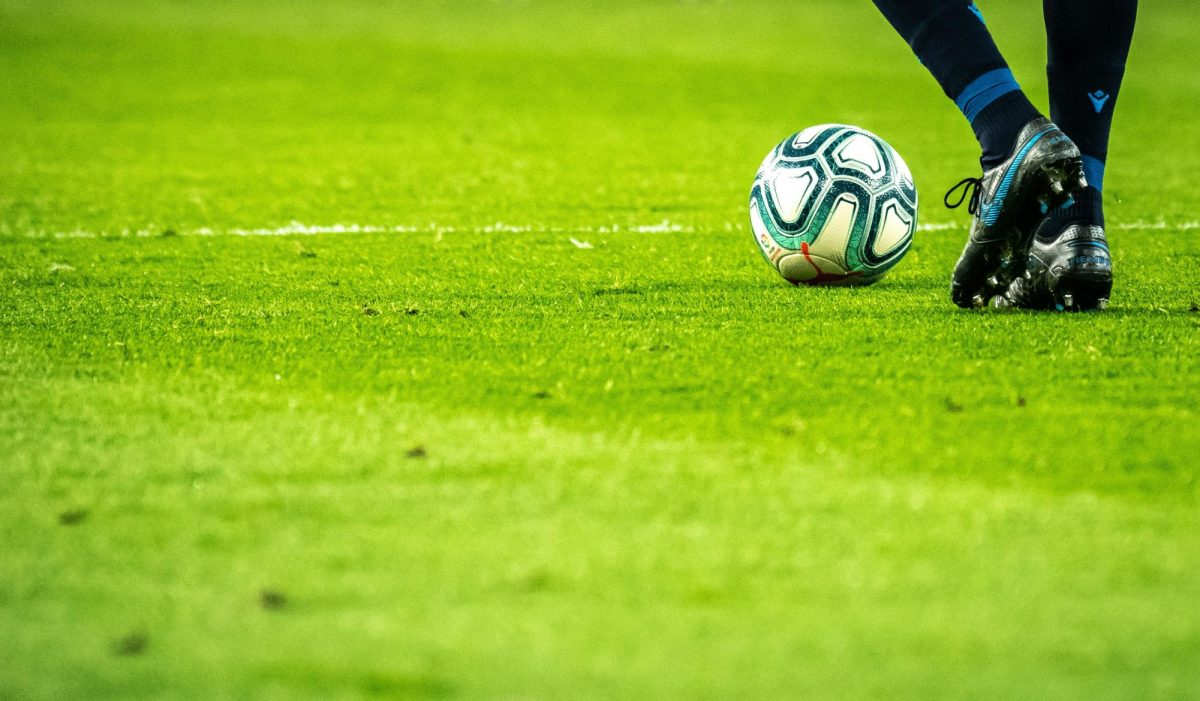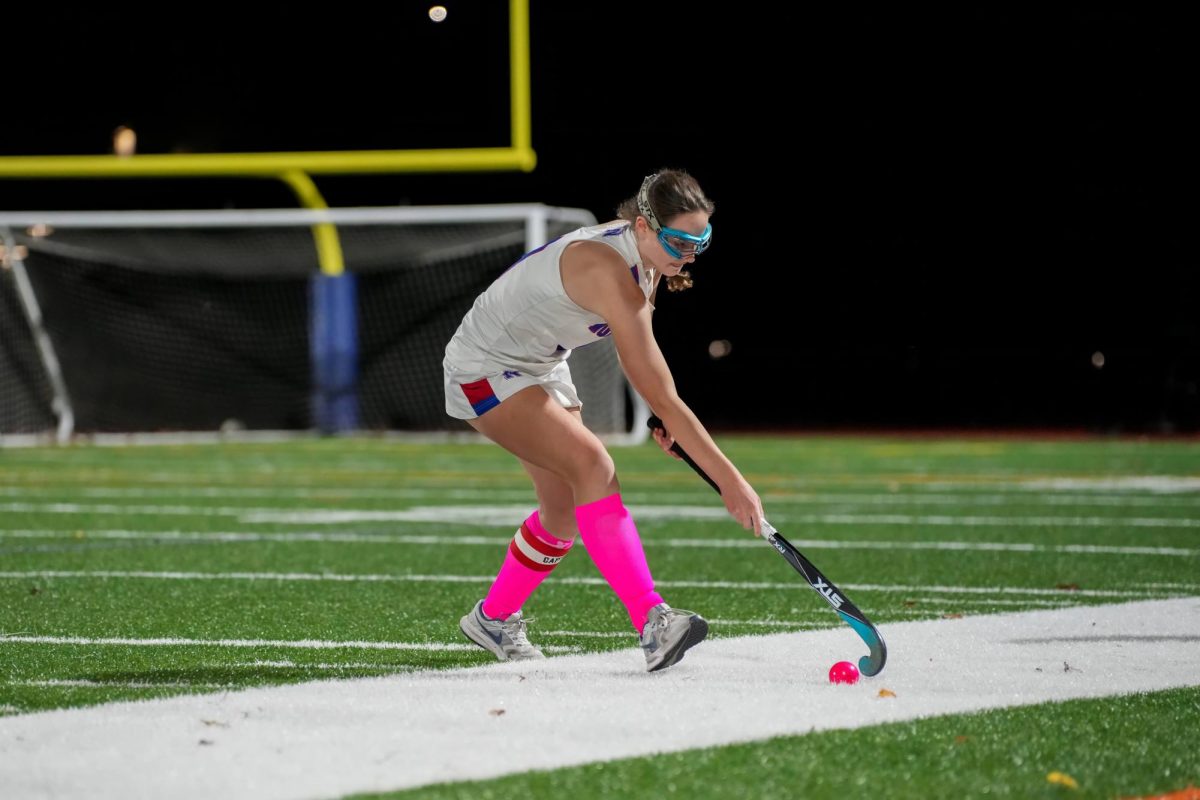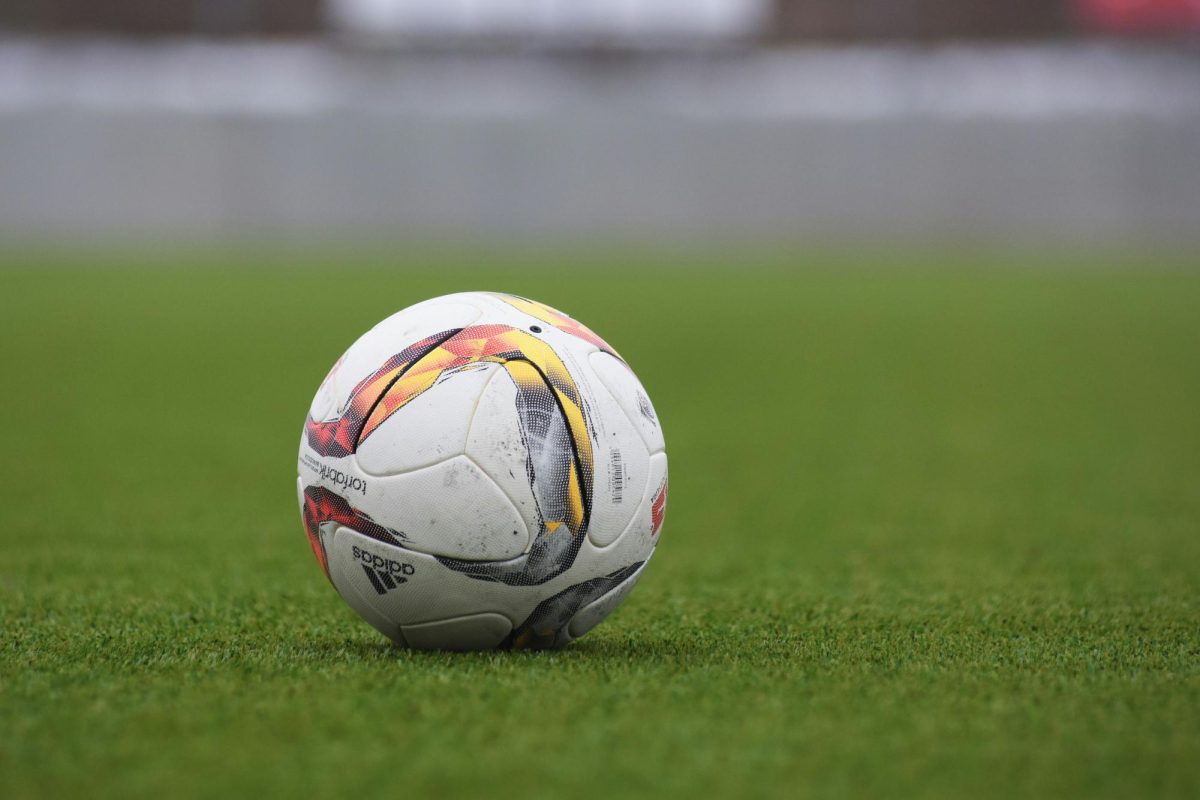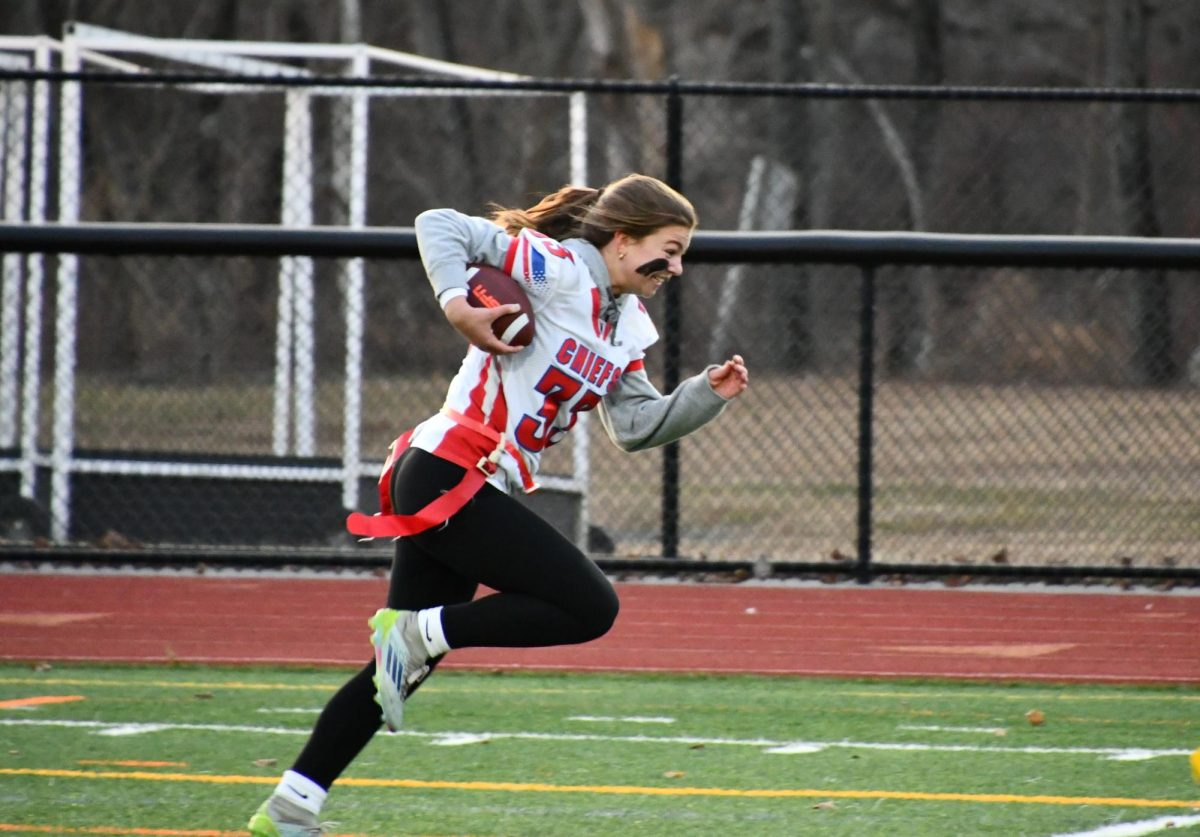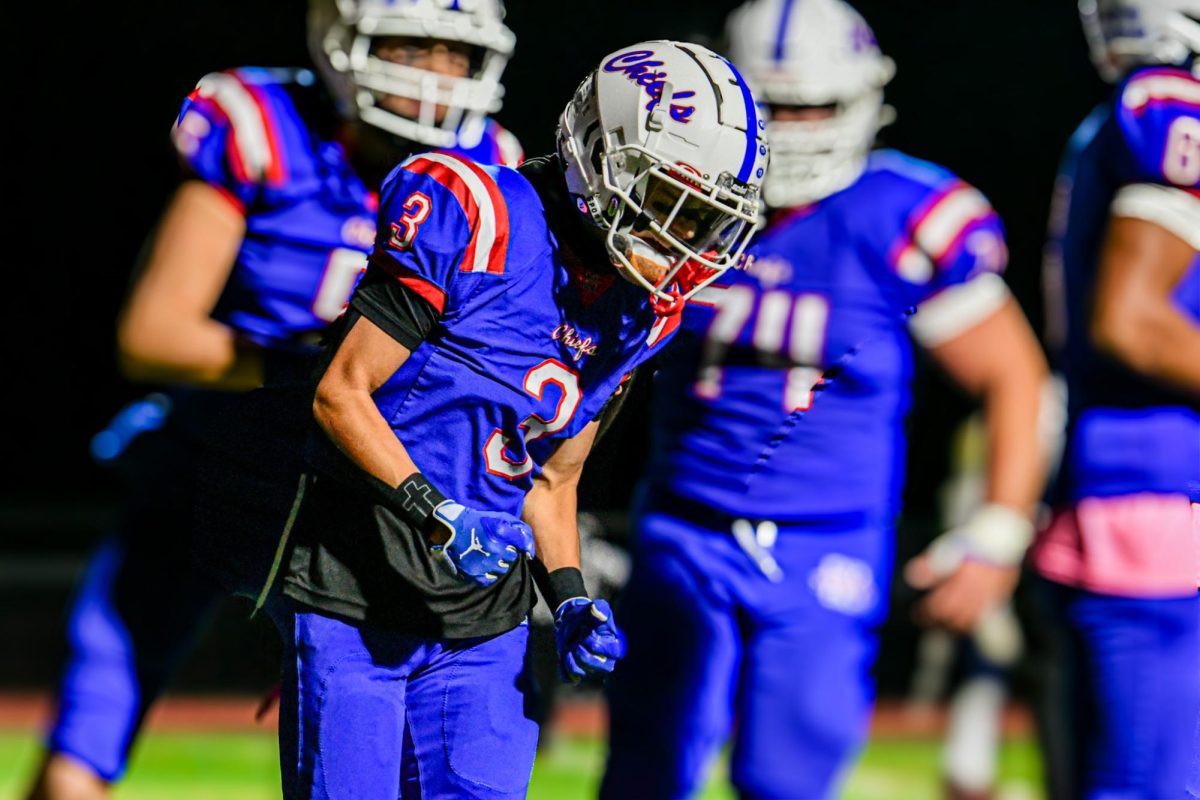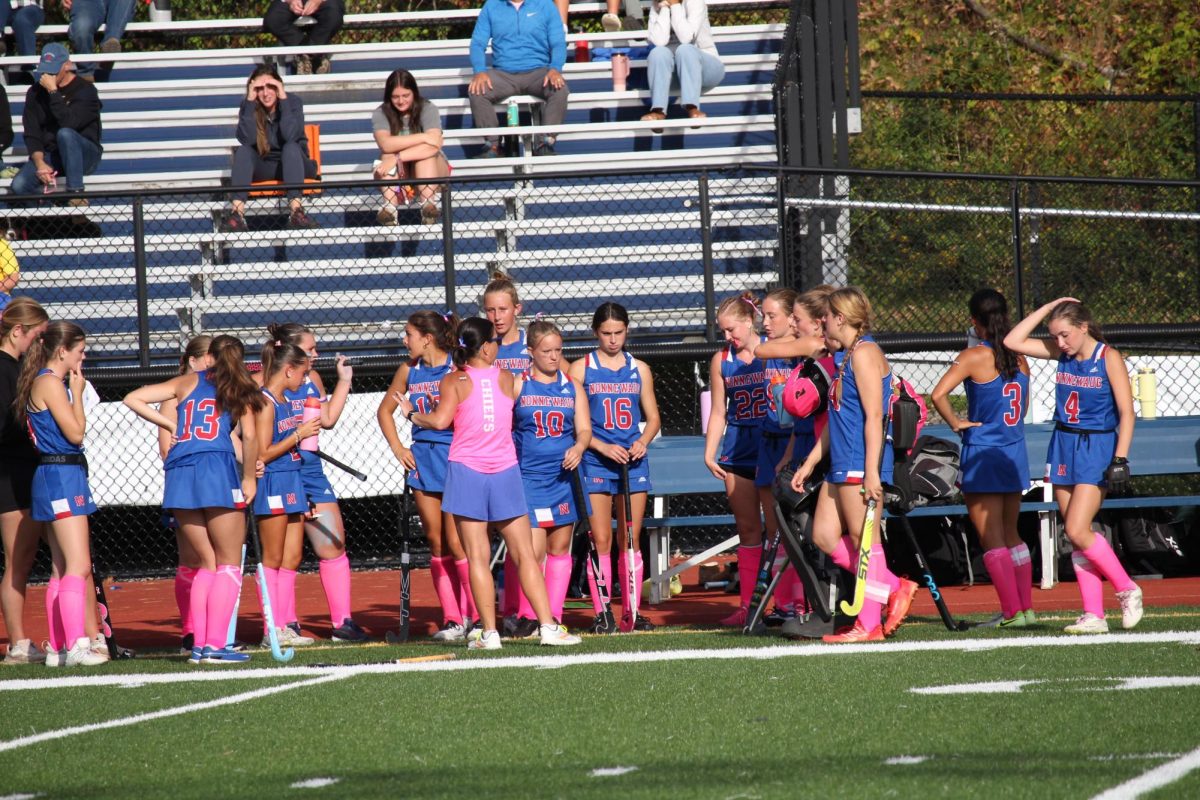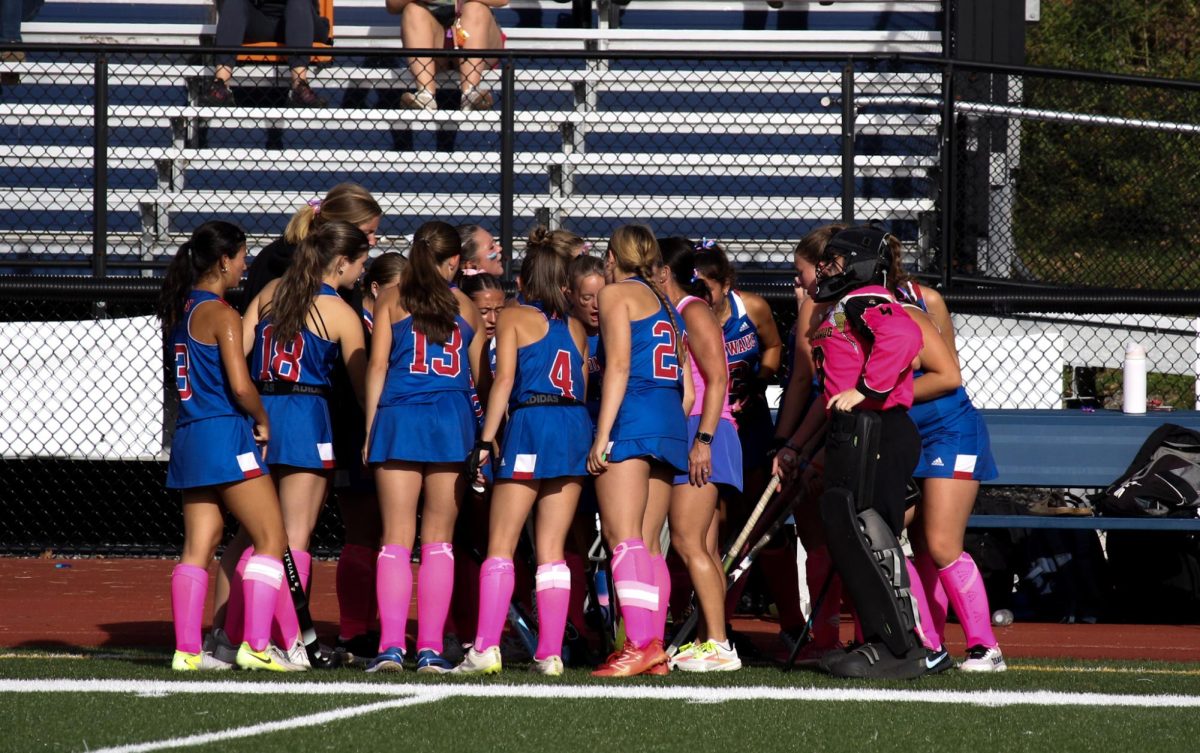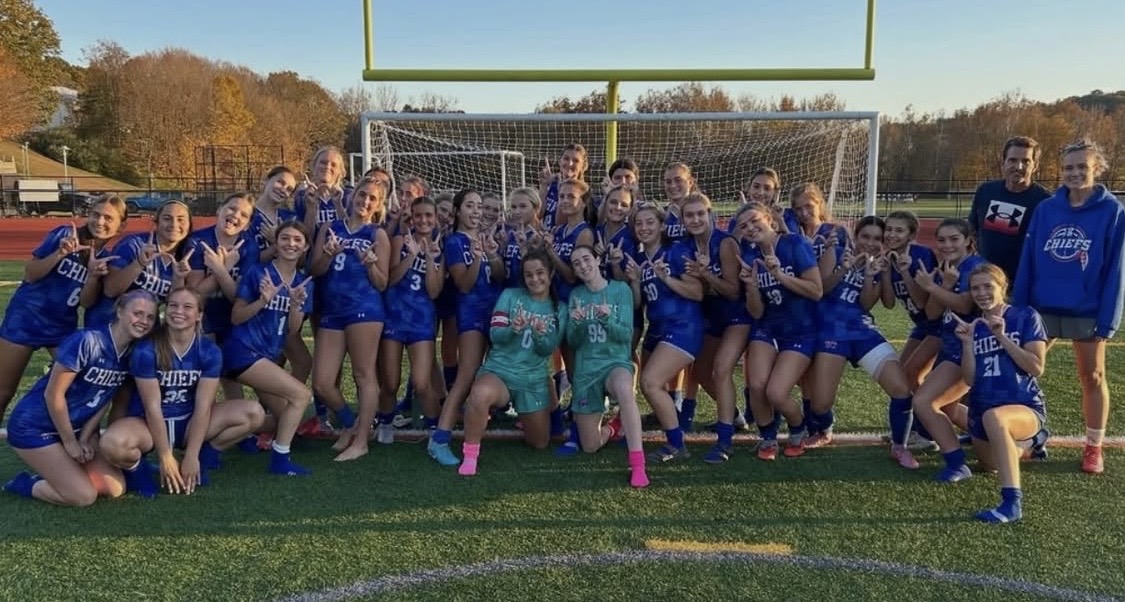WOODBURY — Long practice hours, never-ending homework, demanding teachers and coaches, as well as pressure to be the best — these are some of the struggles that student-athletes deal with.
The blog global.town states, “The challenges of being a student-athlete are numerous and include time management, physical and emotional fatigue, social life, and mental health challenges. These young athletes need to excel academically as well as athletically.”
Students who are involved with a sport need to have good time management.
“There’s no time to do my homework or study if I have a big test coming up,” says Delani Packett, an eighth-grader at Woodbury Middle School who plays lacrosse and soccer.
Time management is a crucial and a difficult process of being a student athlete.
Kailey Burgos, an eighth-grader from WMS explained her schedule: “I go to practice and after I get home from practice it’s pretty late; it’s a very tight schedule.”
Practice times often cause stressed teens and stressed teens can cause underperformance. According to one study, “Approximately 91% of all student athletes experience some level of stress due to sports. Fear of failure and self-pressure were the most common causes of stress.”
Linneah Brennan, an eighth-grade student at WMS who plays basketball, soccer, and lacrosse explains how being a student-athlete requires balance.
“It’s very difficult because you have to handle schoolwork, and you also have to balance it out by having a very busy schedule with games and practices, and they can be pretty long,” Brennan said.
Student-athletes are tired and busy, but are they working hard or just overworked?
“Ultimately schoolwork is more important,” stated Jaime Peterson, a seventh-grade math teacher at WMS. “If a student is more focused on excelling athletically rather than academically, it becomes unbalanced and causes a problem, and it’s all about a balance.”
Balancing school and sports could be so difficult, especially if your coach or teacher might not understand. It can feel like your teacher or your coach doesn’t get that you have school for seven hours and practice for an hour or more after school, and it can be mentally and physically tiring, making a student-athlete’s job much harder.
Student-athletes are more prone to grades being lower and more assignments missing or incomplete. This can cause a complication with teachers and administration who usually disagree with the fact that some kids put athletics over academics.
Chris McGrath, a physical education teacher, former athletic director and former girls soccer coach at WMS understands the time constraints.
“You guys as student-athletes, are at practice until 4:30 or 4 o’clock, and now you don’t get home until 5:00 or 5:30,” McGrath said. “Then you start your homework, then that takes an hour, an hour and a half, and now it’s 6:30, and you have to have a sit-down dinner with your family, or you’re rushing off to another practice. It’s really extraordinary how everybody balances their schoolwork and their athletics at the same time. I think you guys are extremely hard workers.”
Student-athletes are criminally overlooked. Juggling academics and athletics is extreme. School give the recognition for academics and athletics separately, but being recognized for both at the same time almost never happens.
Schools expect us to balance it, but do they know the challenges that it takes to do all this?








